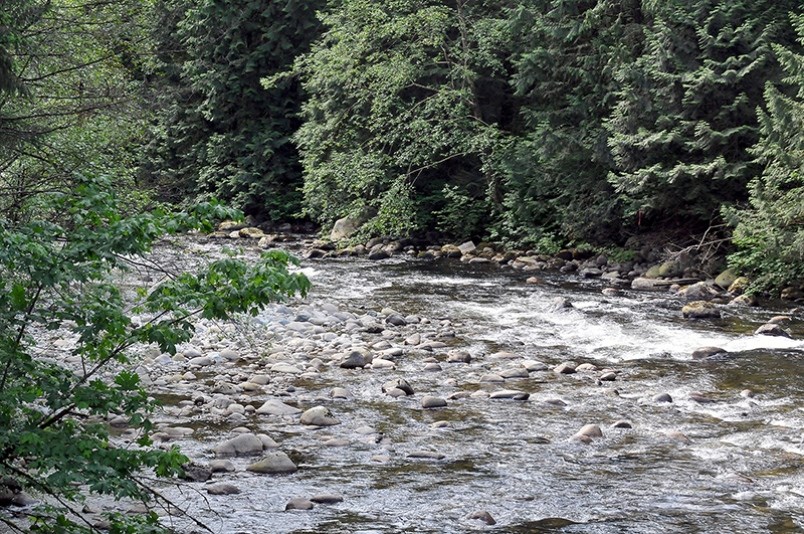In my three-plus decades living in the Coquitlam River Watershed and working to address water issues in the Coquitlam River, I’ve never witnessed demand for water higher than it is today.
With a growing population increasing the need for clean drinking water, the lowest returns of Fraser River sockeye on record, and the looming threat of climate change, our next provincial representative must commit to funding for watershed security and local governance of watersheds.
Though the Coquitlam River has always been central to the community, the watershed has been highly degraded in the past century by urbanization. The Coquitlam River was dammed to provide drinking water and hydroelectricity to a growing population, however, the dam was a barrier to sockeye salmon migration. In the following decades, gravel extraction and booming development in the watershed significantly degraded water quality and resulted in the Coquitlam River listed as one of B.C.’s top-10 most endangered rivers.
For Kwikwetlem First Nation, the degradation of the waterway resulted in a loss of place, food security and culture.
Despite the dam and damage, small numbers of sockeye continue to return, and a hatchery is planned to help restore this once abundant salmon run. A range of mitigation efforts, including ongoing work to restore habitat in the Coquitlam River watershed and improving flows and access for migrating salmon, has resulted in the removal of the Coquitlam River from the endangered list.
Efforts are underway to update watershed management plans to incorporate cultural objectives to increase food security, enhance environmental flows and improve water quality.
Though community partners, including Kwikwetlem First Nation, other governments, NGOs, and corporations show a will to improve the Coquitlam River watershed and build watershed security for the community, a shortage of funding, capacity and resources still threaten the long-term sustainability of the watershed.
This problem is not unique to our community. Across the province, there is a need for long-term funding to restore and secure our province’s freshwater sources - our watersheds.
The health of British Columbians, including those in the Tri-Cities, is closely linked to the health of our local watersheds, and investment in long-term watershed security in the province is overdue. Our candidates, and our next provincial representatives, must commit to changes that will benefit our communities and create opportunities for local management of our watersheds.
When you cast your ballot this election, please consider the importance of watershed security.
Craig Orr is a Coquitlam resident, and co-founder of Watershed Watch Salmon Society. He has been involved in watershed management issues on the Coquitlam River for nearly 40 years.



